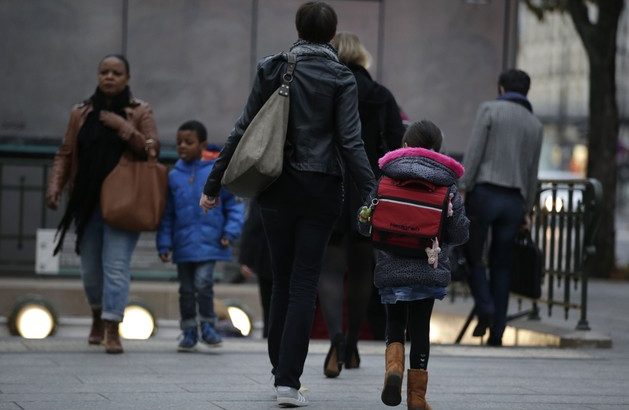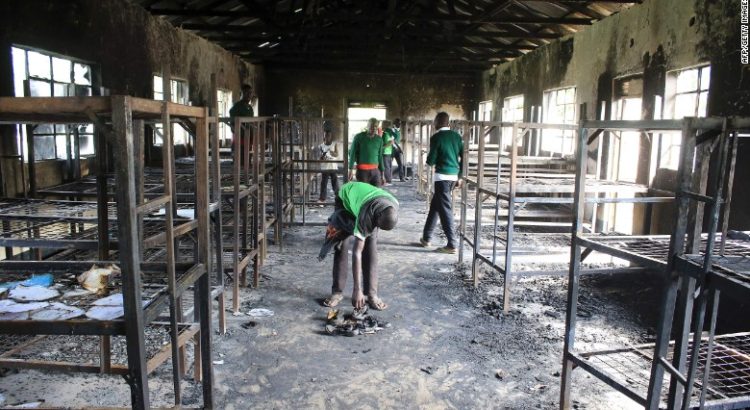Europa/Francia/12 de Agosto de 2016/Fuente: FranceTV
RESUMEN: Una vez que comience el año escolar, los estudiantes desde el jardín de infantes hasta la escuela secundaria, van a entrenar para responder a los ataques terroristas. Entre las nuevas medidas dadas a conocer por el gobierno a un año del «intento de intrusión» se convirtió en una medida nacional después de haber sido aprobado por algunos estudiantes. Cada tercio de los estudiantes estará acompañado por una comisión de primeros auxilios. «Es extremadamente importante la formación de los estudiantes. Una vez más con el lenguaje apropiado y de acuerdo a su edad», dice Hervé France 3 Jean Le Níger, vicepresidente del CIPF. También se volverá a evaluar la seguridad de cada institución. A la vuelta de los edificios, se iniciará el trabajo si es necesario. El último anuncio hecho es seguido por los estudiantes de la academia en los procesos de radicalización, asi lo informó la policía.
Dès la rentrée scolaire, les élèves, de la maternelle au lycée, s’entraineront à réagir en cas d’attaques terroristes. Parmi les nouvelles mesures rendues publiques par le gouvernement, un exercice «attentat intrusion» par an sera obligatoire dans chaque établissement. Il devient national après avoir été testé par certains lycéens.
Interdiction de s’attrouper
Une prise de conscience qui pour tous les élèves de troisième s’accompagnera d’une sensibilisation aux gestes de premiers secours. «C’est extrêmement important de former les élèves. Encore une fois avec un langage adapté et selon leur âge», confie à France 3 Hervé-Jean Le Niger, vice-président FCPE. La sécurité de chaque établissement sera également réévaluée. Au tour des bâtiments, des travaux seront engagés si nécessaire, et il y aura désormais interdiction de s’attrouper. Enfin, la dernière mesure annoncée est le suivi par l’académie des élèves en processus de radicalisation, c’est à dire déjà signalés par la police.
Fuente: http://www.francetvinfo.fr/societe/education/education-la-securite-des-etablissements-scolaires-renforcee_1585813.html
Fuente de la imagen: http://www.elperiodico.com/es/noticias/internacional/atentados-paris-asi-explica-atentado-nino-4677224









 Users Today : 4
Users Today : 4 Total Users : 35460135
Total Users : 35460135 Views Today : 6
Views Today : 6 Total views : 3418789
Total views : 3418789